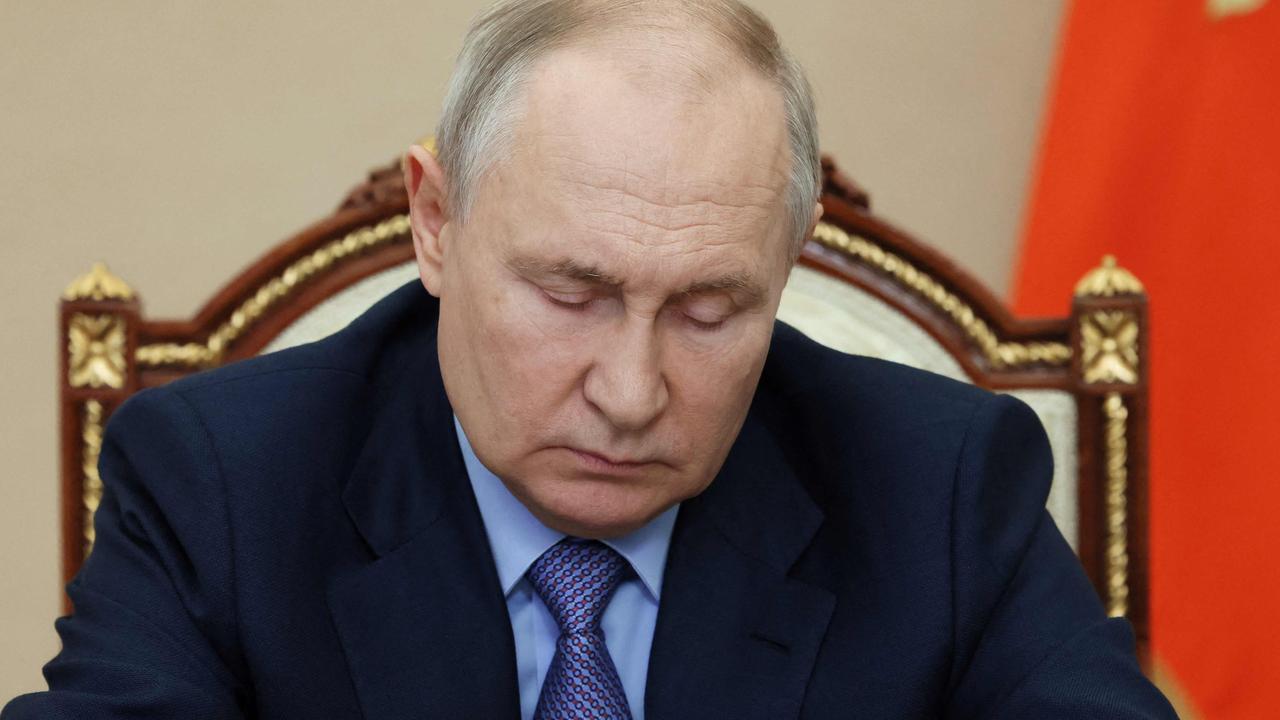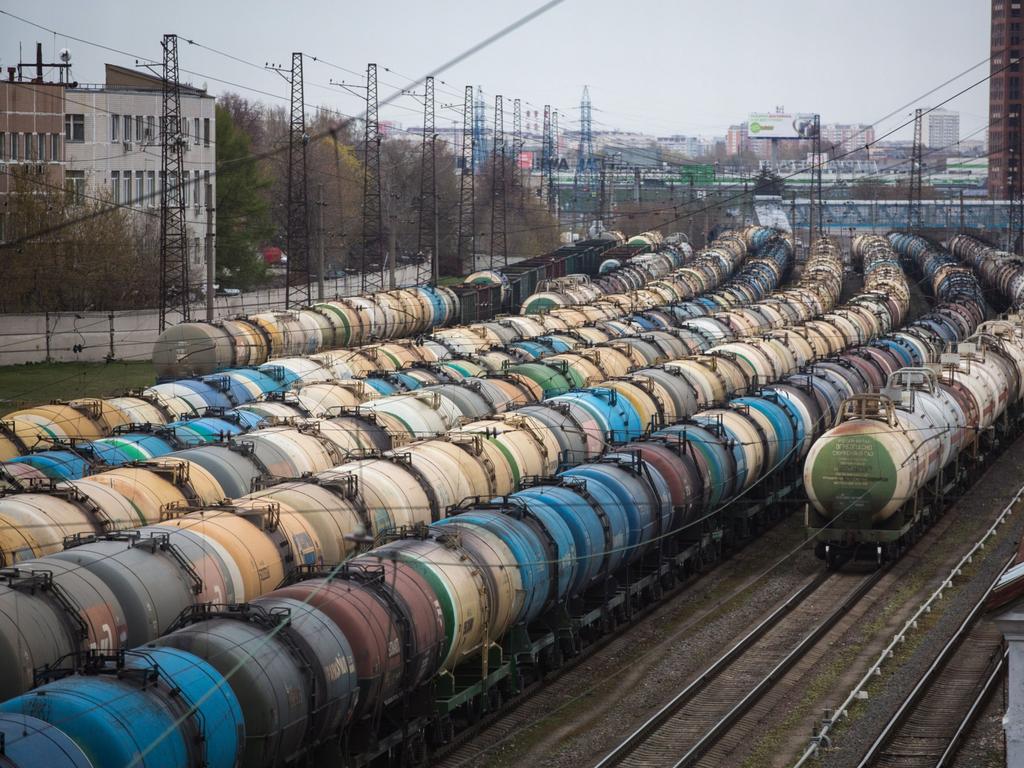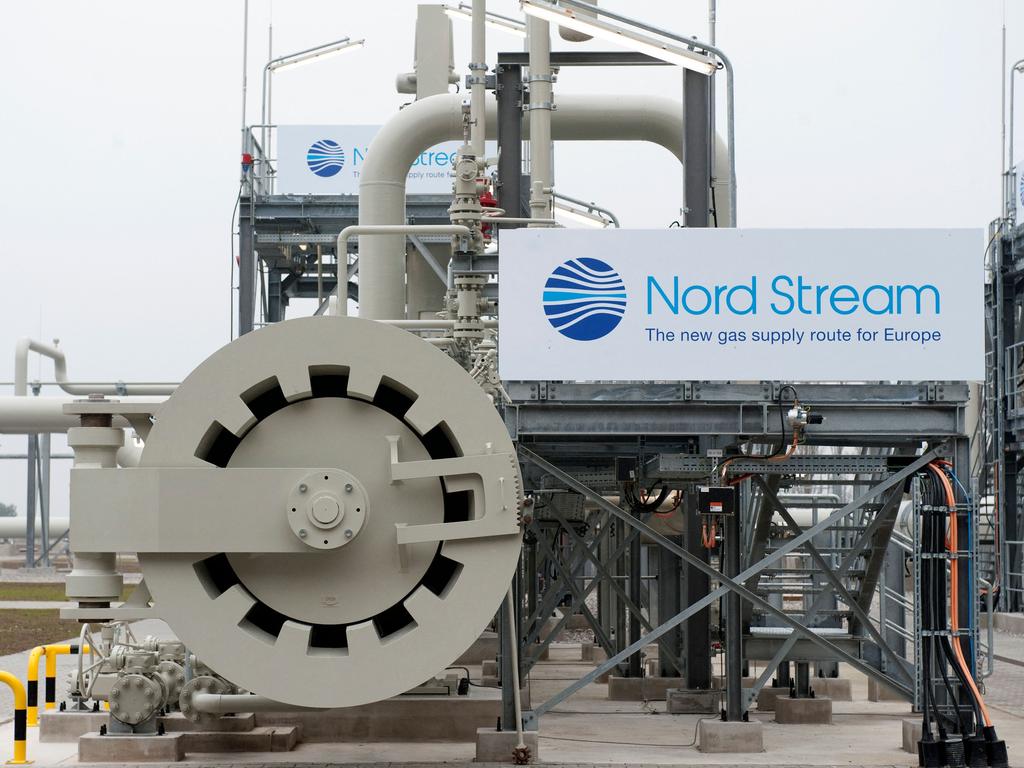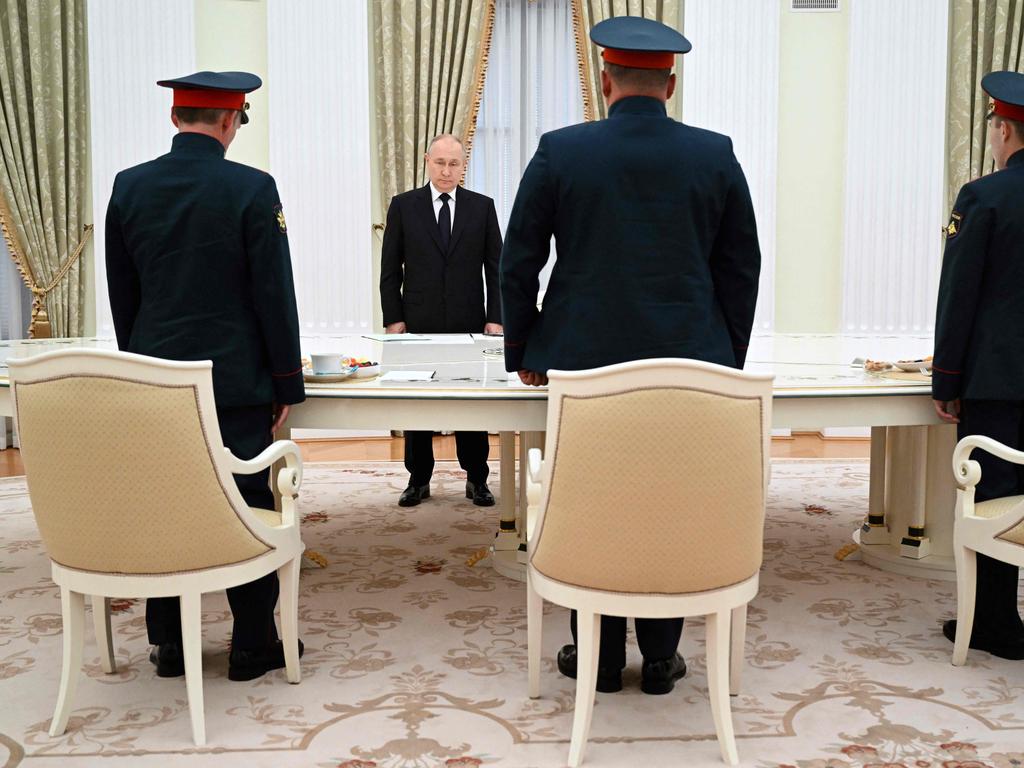Russia’s gas production hits a new low after world responds to Vladimir Putin’s threat
Once described as a “gas station masquerading as a country”, Putin’s Russia is facing a new low after a threat to the West backfired.

The late US Senator John McCain once described Russia as a “gas station masquerading as a country” with almost two thirds of its exports being fuels and energy products.
But now, problems are mounting after 18 months of crippling sanctions as a result of the Ukraine war, with new figures showing just how much crucial industries are failing.
Russian gas production in the first half of 2023 reached a historic low, dropping to 179.45 billion cubic metres (bcm), a 24.7 per cent decrease compared to the previous year.
Gazprom, the state-run energy giant, reported a 26.5 per cent decline in gas supplies to both domestic and foreign markets.
The figures indicate a 44-year low not seen since 1978, when Russia was formerly known as the USSR.
Sanctions imposed on Russia by the West have been devastating, leaving the nation incapable of accessing the SWIFT international banking system while also dealing with frozen foreign exchange reserves.
Europe also significantly reduced its purchases of Russian oil and gas following the invasion, relying on alternative energy sources and liquefied natural gas (LNG) from other suppliers.
Gazprom’s report claimed that Western countries took politically motivated decisions to stop importing Russian gas, contributing to the decline in production.


Despite efforts to cut gas flows and use energy supplies as leverage, Putin’s strategy of pressuring the EU with gas supply cuts appears to have blown up in his face.
Berlin-based geopolitical analyst Thomas O’Donnell, says that Putin had his plan backfire due to increased supplies of US LNG and cooperation with Qatar and Norway.
Those commitments meant the EU “didn’t have to cave in when Putin cut the gas flows”.
“That aspect of Putin’s planned energy war has backfired. He prepped for a year before the invasion to keep EU storage empty and then have maximum blackmail leverage by selectively cutting and supplying to EU states—but it failed,” O’Donnell said via Newsweek.
“So, that business is now lost to Putin. For Moscow, without new, hugely expensive pipelines all the way to China, this huge Russian gas resource will remain a stranded asset.”
Gazprom’s report aligns with predictions by Russian state bank VEB, which expects a sharp drop in Russian pipeline natural gas exports to the European Union.
Russia is now seeking to offset these losses by expanding trade ties with China, with Gazprom’s head, Alexei Miller, accompanying Putin on a visit to China to bolster economic relations and make up for lost gas sales in the European market.

But, as always with complex economics, it depends on how you look at the situation.
Sanctions on Russia were designed to shake Russia from within and make it impossible to continue its territorial war in Ukraine. However, as the rest of Europe edges closer to a recession, the Russian economy has shown some resilience after initial sanctions were laid down.
The IMF has upgraded its economic outlook for this year to 0.7 per cent growth in April, while the official forecast is for something closer to 2 per cent.
“Sanctions were supposed to crush the Russian economy. Instead, it‘s now bigger than Germany’s (and when you cut out services, and focus only on industry and manufacturing, which is what counts in war, probably bigger than that.) The cost to Europe? Deindustrialisation, inflation,” DM Collingwood, editor of BritanniQ, said in a tweet.
Meanwhile, Putin continues to take a hardline stance on Russia’s “special military operation” in Ukraine despite global condemnation, claiming the West will lose interest in supporting the embattled nation.
The White House on Monday rejected claims by the Kremlin that Western fatigue on aid for Ukraine would grow after a deal to avoid a US government shutdown left out funds for Kyiv.
“If Putin thinks he can outlast us he’s wrong,” Press Secretary Karine Jean-Pierre said, adding that there was a large Western coalition committed to supporting the cause long-term.




